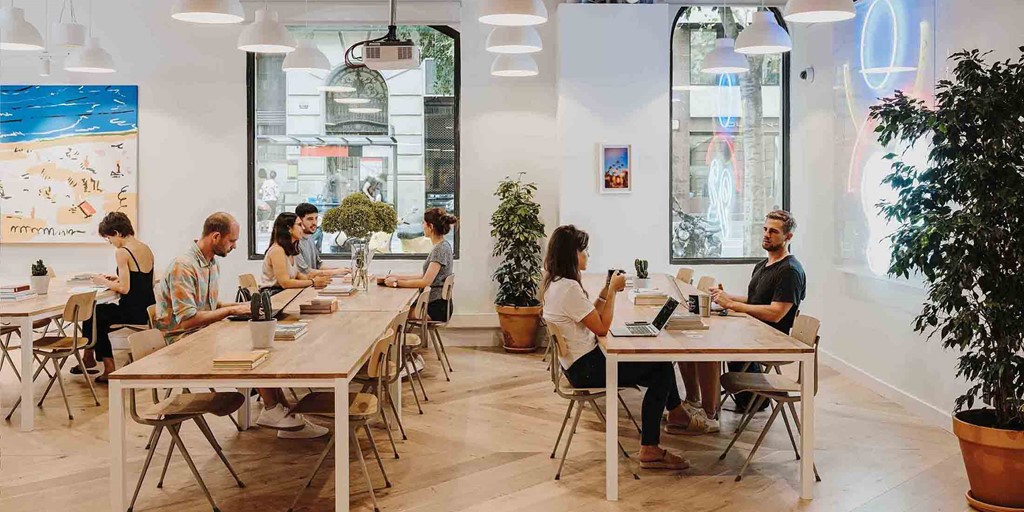
WeWork – Does Work
The working from anywhere (WFA) phenomenon – or at least the growth of the idea in more recent times – has also highlighted other options such as shared workspaces that can be scaled up or down depending on daily, weekly, monthly (or even longer) requirements. One such option is WeWork.
Working from home provides a simple and straightforward option for a single person or even a working couple. Working collaboratively provides more of a challenge – especially if that collaboration is changing on a day-to-day basis. For some digital nomads having a retreat or quiet space away from the pressures of the home also presents challenges.
Strategic Locations
WeWork (established in the US with facilities around the world) have 4 set-ups in Melbourne and 5 in Sydney. There are no Adelaide options at the moment (this will change no doubt). All 9 of the Melbourne/Sydney facilities are located in the CBD with easy access to public transport or bicycle paths (also a growing phenomenon). For the purpose of the discussion, I have selected the Exhibition Street premises in Melbourne as my sample for consideration.
Ideally located in the heart of the Melbourne CBD –
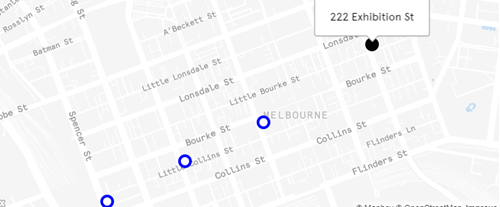
The building is a short walk (3 minutes) from Parliament Station (city loop stop) with easy access.
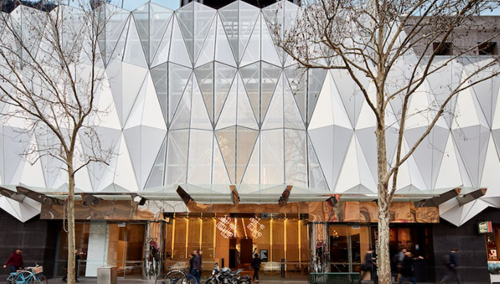
Working space options
In my view the most impressive element is the variety of space options available – and with flexible (changeable) opportunities as needs vary and change. There are 5 options within this facility –
Private Office for up to 2 people that is move-in ready and lockable. The space includes furniture, mail and package handling, credit towards booking meeting rooms and a printing allowance.
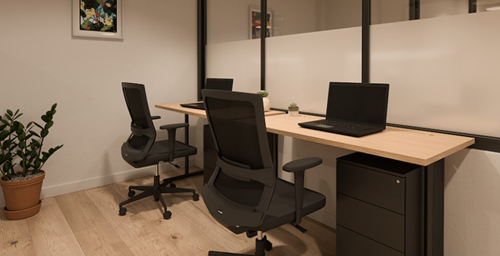
Private Office for up to 3 people with the same add-ons.
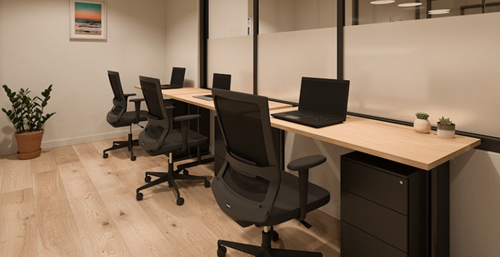
There is even a window view option available -
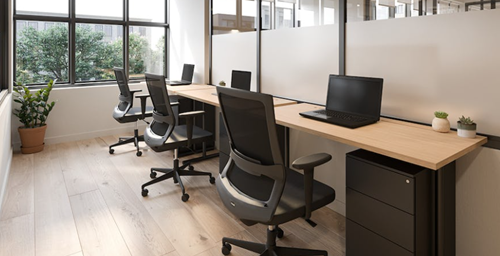
There is a hot desk option -
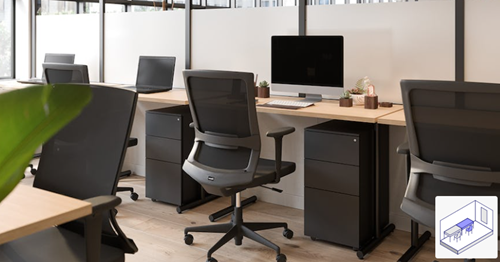
Shared space facility -
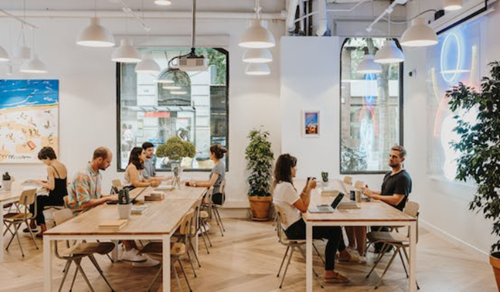
Meeting room availability -
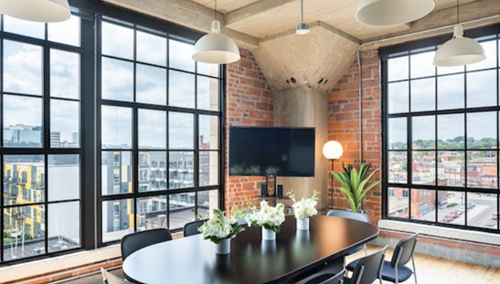
The space options are extensive and can be adapted and/or changed as circumstances change (working independently, working with others, working with a group).
Other support facilities
Essential to all current work is the need for speed – that is high-speed WIFI. From the perspective of a digital nomad WIFI is the most essential element for effective work. Having worked in various apartments and hotels throughout the world – the speed has varied – and this can be debilitating especially when it comes to internet-based meetings – Zoom, TEAMs. Access to high-speed WIFI is imperative.
The access to meeting rooms – when needed – is an added bonus. Whether weekly or monthly meetings with colleagues provide a valuable source of focus and interaction. For the lone wolf – the opportunity to meet with clients is a genuine option.
Onsite support staff – particularly with matters relating to IT – are a bonus gift. So much time can be wasted trying to troubleshoot problems alone.
Cleaning services – particularly in this COVID transition period – are vitally important. There is a certain degree of relief around knowing that the facility you are using (especially when sharing) is regularly cleaned and refreshed.
Printing services are also very useful – if and when needed.
Common spaces encourage interaction and also provide a degree of socialisation – if and when sought after.
Parking, outdoor space options, bike storage, showers, mothers’ rooms and wellness rooms are also available as required.
A genuine working option for the digital nomad
In circumstances where apartment and hotel options are not workable, the notion of these hired facilities is a splendid alternative. On closer examination of WeWork premises in London, Melbourne and Sydney the opportunities are both cost-effective, comfortable and viable.
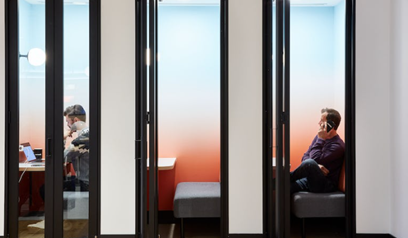
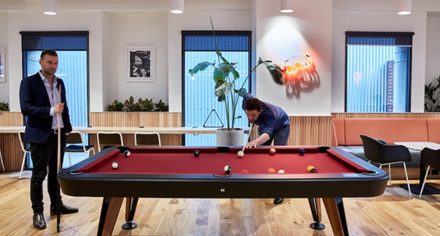
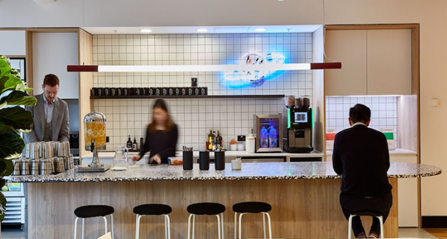
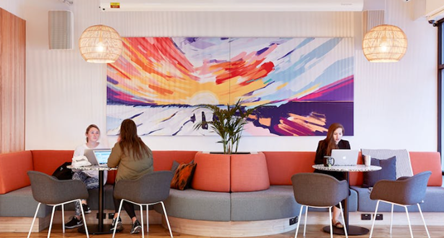
The WeWork premises (and there are a number of other like options) are well worth exploring and provide the perfect haven for a day, a week, a month or even long term.
Emeritus Professor Greg Whateley is Deputy Vice Chancellor of UBSS and Vice President (Academic) of GCA. He also regards himself as a digital nomad – always on the ready-to-try WFA options.






